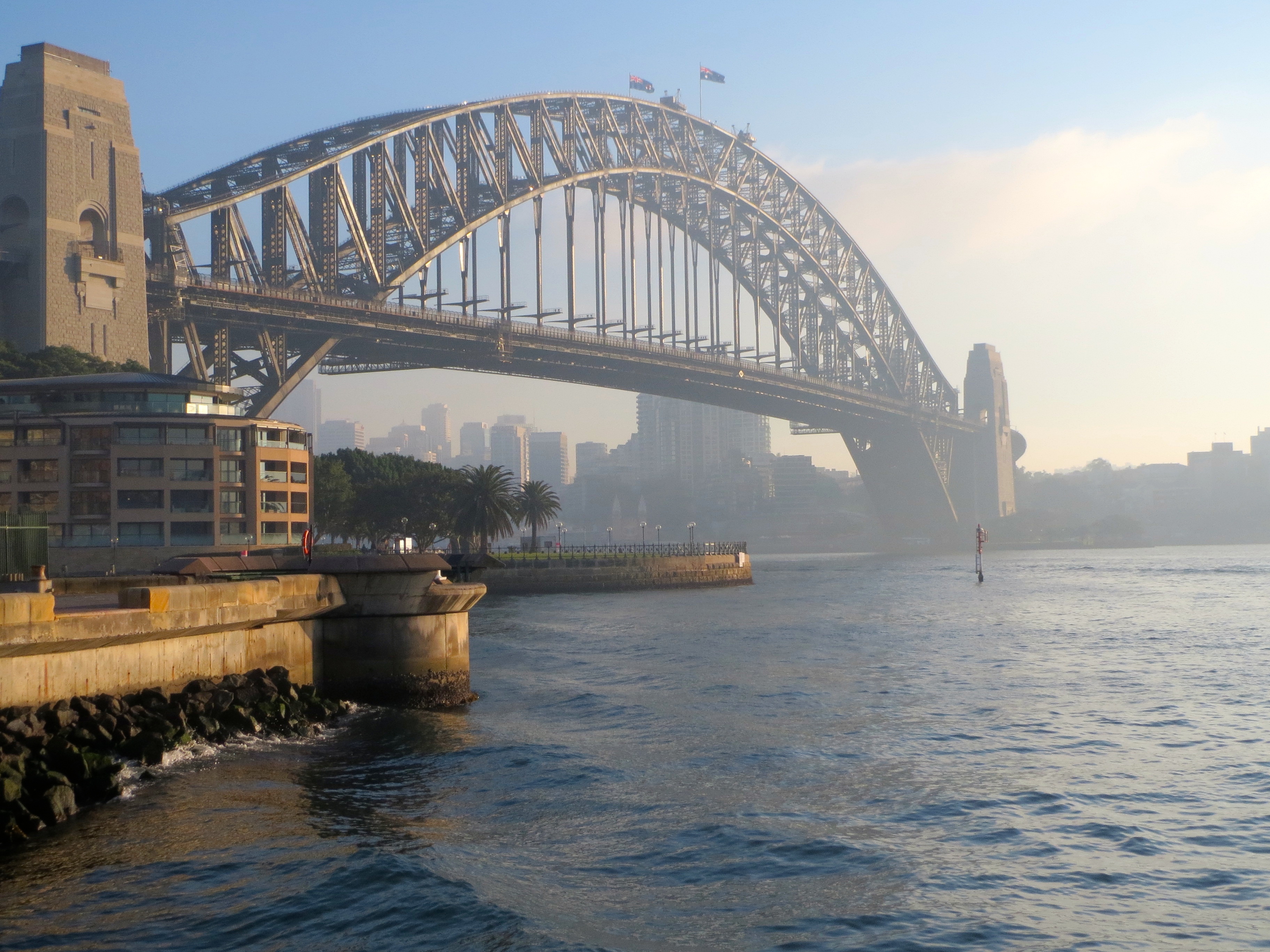Poetry has long been used to search out and understand who we are and our place in the world. Concepts and emotions are whittled to their essence by the selection and sparsity of words, by sheeting together thoughts in a unique way so we are forced to slow down and re-evaluate.
But how exactly does writing in a second or third language shape the thoughts of a poet and the poet herself?
A few days ago I was writing a proposal connected to language. As I listed the possible benefits of learning a new language, I thought about how language, identity and belonging are connected and how crucial it is to master nuances. Even if one is simply moving from English or American English to Australian, the idioms and the slang teach us something about each country and that country’s history.For any beginner, the fluidity of a new language is a tumultuous ocean of flailing tongue, physical exhaustion and alienation. But like any skill, after years of immersion and practice, we find we can calm the waves and float on our backs looking up at the blue sky, supported by the power of words. It is that mastery of language that helps us move through the porous dolomite of culture and society to understanding. It helps us decode cultures and break down social barriers. It empowers us.

There are lots of studies, and controversy, on how language shapes us but I know that mastering French changed me. Is it that these changes were so small they can’t be measured or too deep to be measured? I tend to the latter. I like to read in French when I’m writing longer essays in English because it takes me away from English structure and stereotypes. It adds a depth to my sentences.At the Sydney Writers’ Festival I asked two poets who speak several languages and write in English, which is not their mother tongue, about how much language effects their sense of belonging.
Dinah Roma grew up in the Philippines, the youngest of ten children, reading anything she could find including her sister’s medical texts. When she discussed her poetry and language at the festival she emphasized that ”it’s not so much the physical borders that are important but the internal.’’Roma, who is teaches in the Department of Literature at De La Salle University in Manila, reminds us how our experiences with language form us:
”The issue of language in the Philippines has always been a difficult one. So ten years ago, for instance, I would be asked when I started attending or speaking at festivals, why did I choose to write in English? But the fact is that I did not choose; it was circumstance. I cannot undo history.
”[People] would be surprised whenever I told them that actually when I was growing up I was speaking three languages: my mother’s tongue which is…from the island where I was born Samar… that’s inside our house and when I go out I would speak … [what’s now called] Filipino… and when I would go to school, it’s English.
”But all formations, intellectual and otherwise, were done in English so English won the day. I tried writing in [Filipino] because [it] is a very powerful and difficult language… but I was writing so slow, I wouldn’t probably have my book if I were writing in [that language]. I would probably just have half a manuscript.
”English it is still really the language of poetry for me. Ten years ago I was really apologetic about it but you have to belong to yourself first and foremost and you have to be honest where you are in the history of your own country and English is that for me.’’
Dinah Roma’s latest collection is Naming The Ruins, Vagabond Press.


